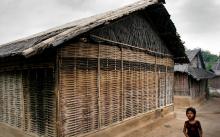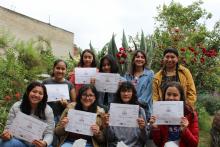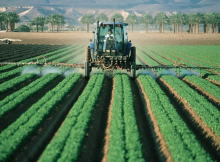The Urban Refugee Resettlement Experience in the United States
Approximately sixty percent of the world's refugee population lives in urban cities and towns across the globe, a number expected to grow under increased climate change. In the United States, many refugees receive welfare support and participate in resettlement programs to rebuild their lives in America. Nevertheless, they also often find themselves embroiled in the systemic inequality that defines urban areas through legacies of racial segregation and structural xenophobia.


